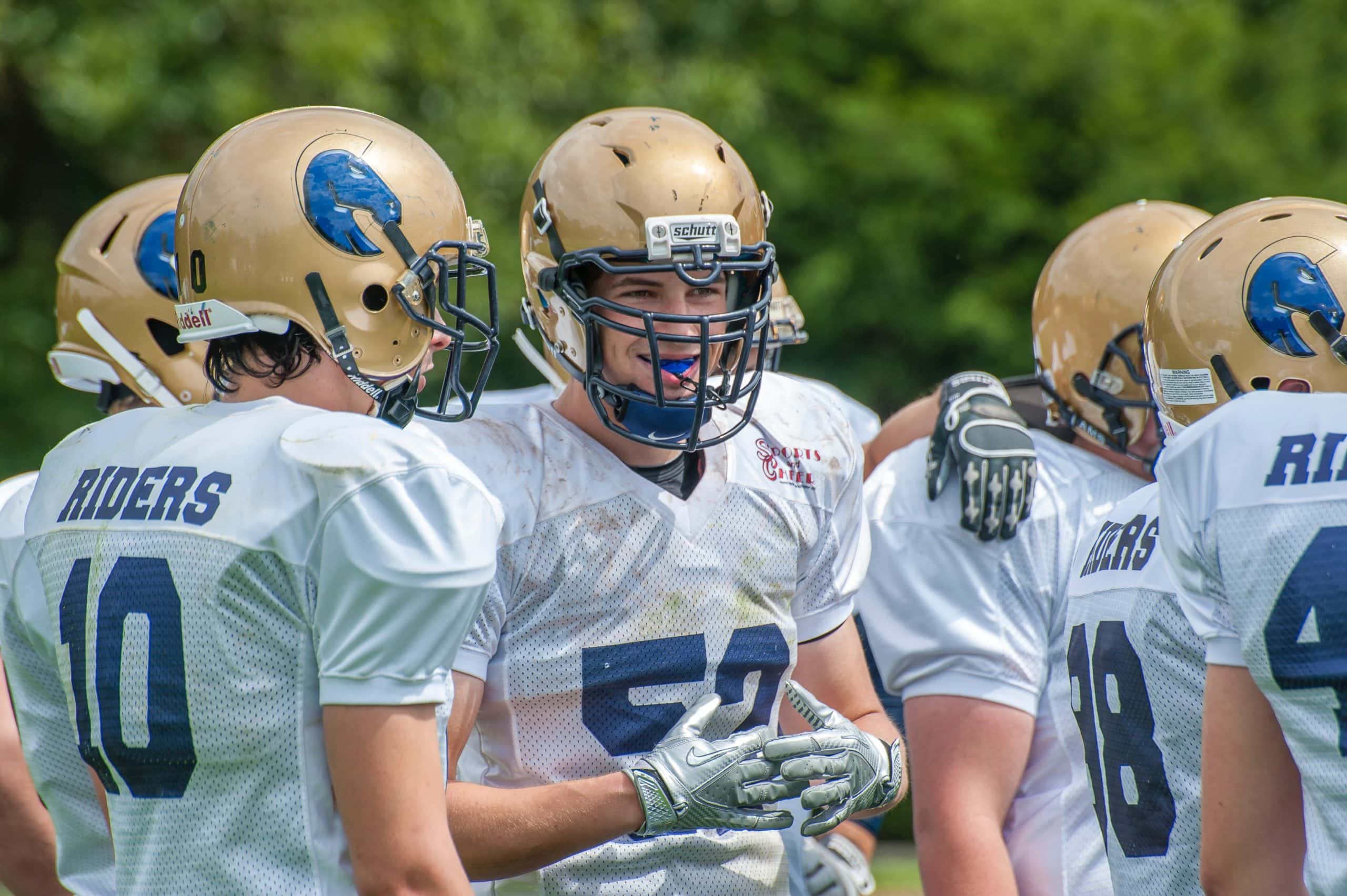In less than a month’s time, several states will officially enact name, image, and likeness (“NIL”) laws much to the chagrin of the official governing body of collegiate sports, the National Collegiate Athletic Association (“NCAA”). After July 1, when these NIL laws go into effect, college athletes in select states will be able to cash in on the ability to monetize their NIL without the current “scarlet letter” of eligibility issues imposed by the NCAA.
Somewhere, EA Sports: NCAA Football (and Basketball) fans (and student-athletes, both past and present) sit with bated breath as the potential for a reboot of the wildly popular video franchise becomes possible. Both were previously discontinued, in 2014 and 2010, respectively, due in part to NIL issues and licensing disagreements with top universities.
Both factions may need to wait just a bit longer.
States, including Alabama, Florida (as we previously reported), Georgia, Mississippi, New Mexico and Texas are expected to allow their student-athletes to begin accepting endorsement deals on July 1. However, we do not expect these NIL laws to come into effect without a fight.
There are rumblings that the NCAA may file suit, seeking an injunction (a temporary halt), to postpone the frenzy among student-athletes and all who seek them out to market their NIL. The ability to do so is sure to generate immense profit for the most elite players across all NCAA-sanctioned sports.
Whether a lawsuit is filed remains to be seen, but the threat will loom while additional state laws go into effect later this year and over the next several years.
States that have enacted legislation include: Arizona (late-July 2021); Arkansas (Jan. 2022); California (Jan. 2023); Colorado (Jan. 2023); Maryland (July 2023); Michigan (late-Dec. 2022); Montana (June 2023); Nebraska (no later than July 2023); Nevada (Jan. 2022); New Jersey (September 2025)(sorry Seton Hall/Rutgers fans); Oklahoma (July 2023); South Carolina (July 2022); Tennessee (Jan. 2022); (insert name change pun for the University of Tennessee “Volunteers”).
Also of note, similar bills are progressing through their respective legislative processes in Connecticut, Illinois, Louisiana, Massachusetts, Missouri, New York, North Carolina, Ohio, Oregon, Pennsylvania, and Rhode Island.
Will state by state NIL law models give way to a federal standard?
Pushback from the NCAA, while entirely likely and expected, seems to have waned some after recent comments from NCAA president Mark Emmert. Mr. Emmert is pushing to have member schools approve NIL legislation prior to July 1.
This latest attempt to adapt on the fly may be further proof of the NCAA’s continually diminishing ability to govern intercollegiate sports with the same efficacy (for better or for worse) as it has for decades. What was once deemed an “existential threat” by Mr. Emmert, now seems to be the only path to the NCAA’s continued control over college sports: a federally backed model to adopt that would usurp the flurry of incoming state-specific NIL laws.
Whether it happens before July 1 is a notion many seem to doubt. If it does not, this would leave the NCAA to fend for itself and attempt to push through its own, likely more restrictive NIL law model. This nebulous period without a uniform standard would, in theory, empower states with NIL laws on the books (and their big-money schools), until a federal law is passed.
Update: On June 21, the United States Supreme Court unanimously affirmed a district court ruling addressing student-athlete compensation. In NCAA v. Alston, the Court held that the NCAA violated antitrust laws by imposing limits on permissible education-related benefits that a school could offer its student-athletes. Unlimited compensation is now permitted provided that it is traceable to education.
The majority opinion, written by Justice Neil Gorsuch, does not provide in-depth analysis on NIL law, but the decision allows for future legal challenges to the current NCAA business model. The concurring opinion by Justice Brett Kavanaugh makes clear that not paying student-athletes is an “illegal practice” that would not survive scrutiny with respect to almost any other business model in the country.
The Alston opinion directly relates to NIL law legislation going into effect throughout the Union and offers a major blow to the current NCAA structure. With its unanimous ruling, the U.S. Supreme court made clear where it stands in this debate.
The NCAA is also defending another suit directly addressing potential limitations on NIL opportunities for student-athletes. If the Alston decision is any indicator, there could be another big win for student-athletes on the horizon. An unimpeded NIL model would open the floodgates for new opportunities which involve college athlete marketing, college athletes capitalizing on their NIL and directly impacting future NIL law construction and potential legal challenges.
Why does the future of the student-athlete NIL law model matter to your business?
As states continue to enact their own NIL laws, there is sure to be ample debate over which models prove to be the most effective. Amidst this chaotic legal landscape, staying ahead of the curve is imperative to protect your business. The perils of litigation stemming from the ongoing evolution in collegiate sports marketing, licensing, and even future collegiate fantasy sports ventures pose real challenges at both the state and federal level. As such, businesses should work with experienced counsel to navigate the relevant regulations to ensure compliance with developing NCAA, state, and federal laws.
If you need assistance developing or reviewing an athlete marketing agreement, a sports marketing/advertising campaign, licensing agreements, or potential college fantasy sports ventures, please e-mail us at info@kleinmoynihan.com, or call us at (212) 246-0900.
The material contained herein is provided for informational purposes only and is not legal advice nor is it a substitute for seeking legal advice from an attorney. Each situation is unique, and you should not act or rely on any information contained herein without seeking the advice of an experienced attorney.
Attorney Advertising
Photo by Alexander Schimmeck on Unsplash
Related Blog Posts:
Ask a Fantasy Sports Lawyer: Is DFS Considered Gambling?




